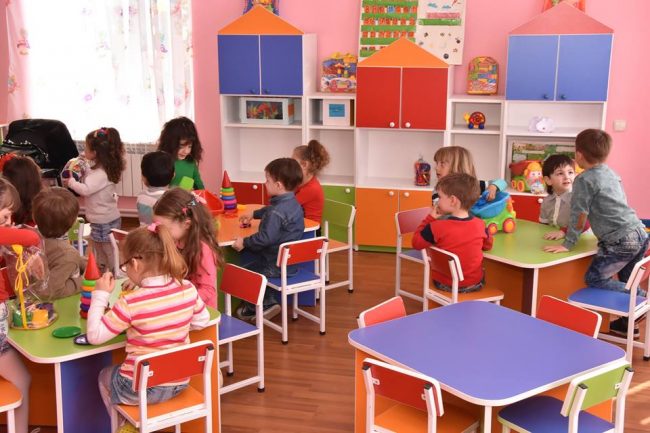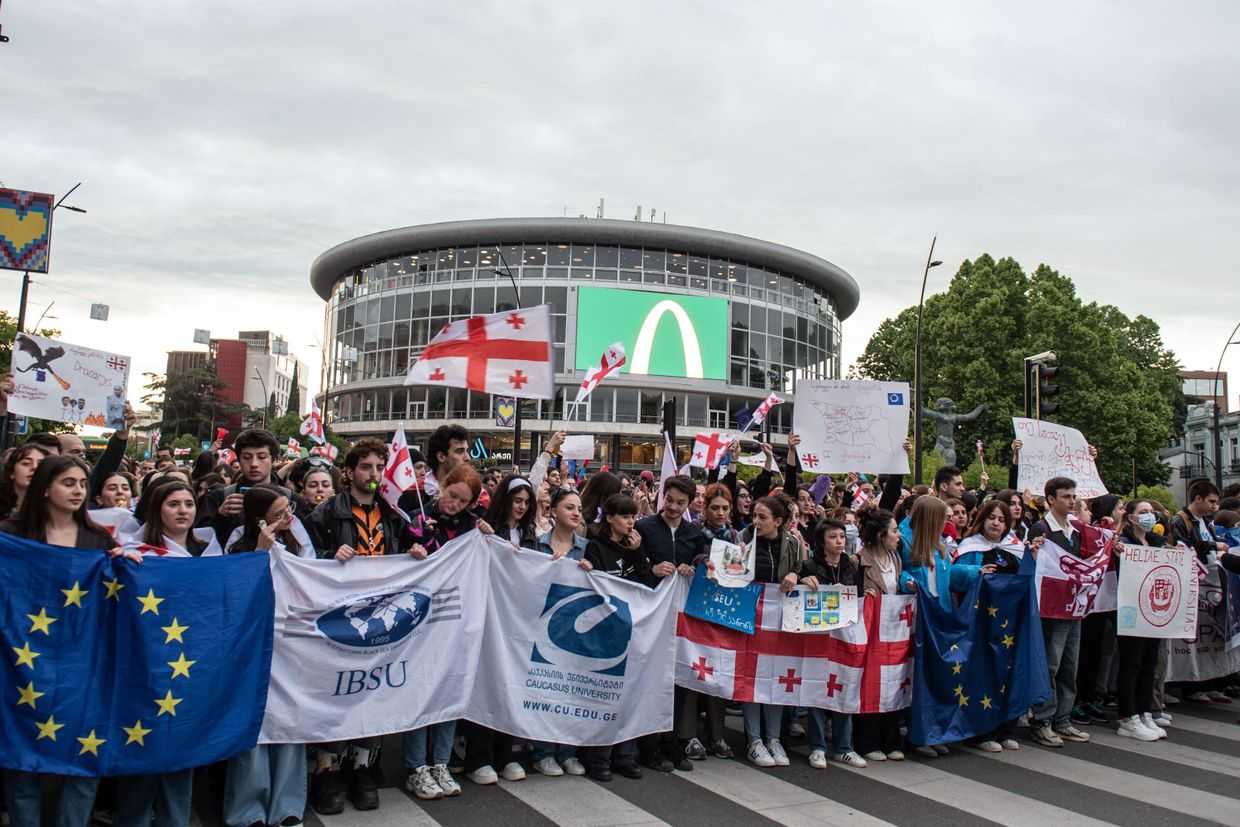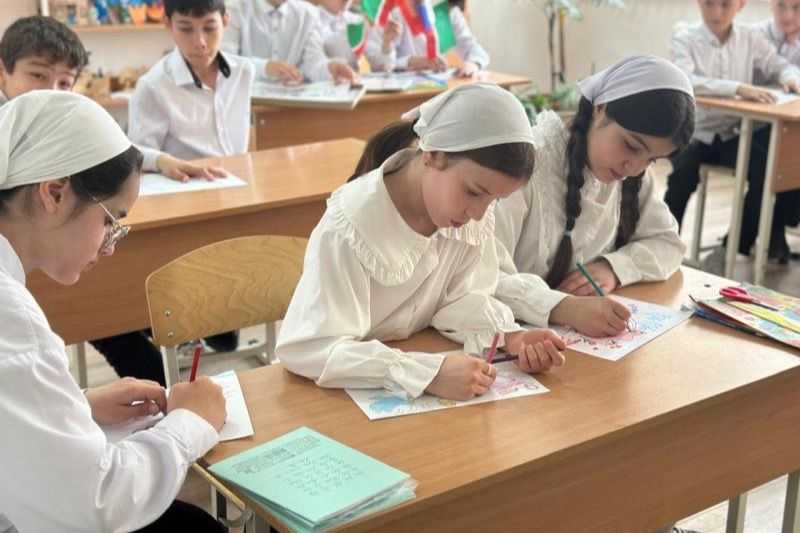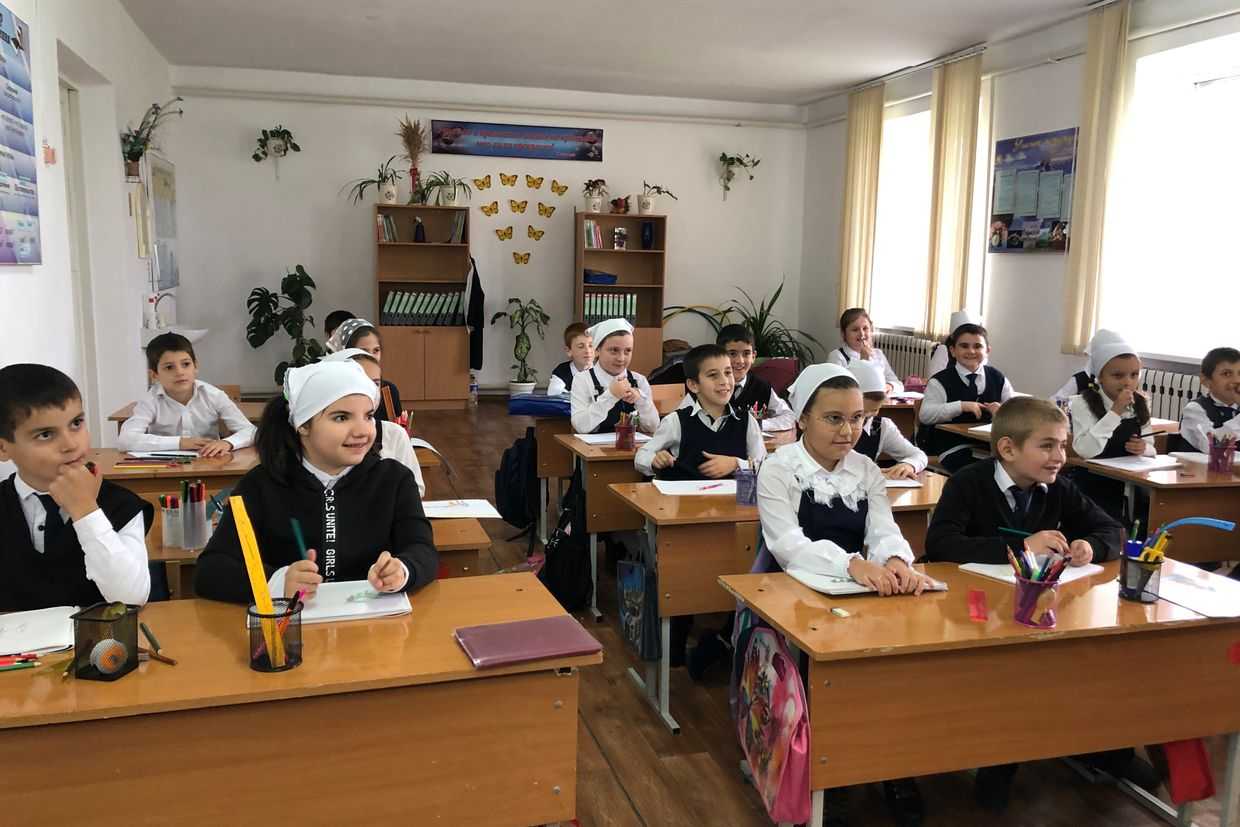

 Recent changes to meals offered in Georgian kindergartens have been backed by Tbilisi’s Kindergarten Agency as well as UNICEF, in the face of resistance from some parents.
Recent changes to meals offered in Georgian kindergartens have been backed by Tbilisi’s Kindergarten Agency as well as UNICEF, in the face of resistance from some parents.
The changes sought to minimise certain sweet baked goods, chocolate, all foods containing high levels of salt, sugar, and fat, as well as processed ready-made foods in public Kindergartens throughout the country.
The new rules were approved by the government in October 2017 and came into force on 1 January 2018.
[Read on OC Media: Hidden hunger: Georgia’s creeping epidemic]
The change has faced resistance from parents, with some arguing their children ‘do not eat’ some of the foods, such as buckwheat, which the new rules introduce. Some on Facebook called for parents to provide children with homemade food themselves.
The changes were backed by the Tbilisi Kindergarten Management Agency, which works under Tbilisi City Hall, and the United Nations Children’s Fund (UNICEF)’s Georgian office.
The Kindergarten Agency issued a statement on 29 January to refute ‘questions that remain in a certain part of society’, insisting the new regulations prioritise ‘proper development’ of children.
According to them, the new menu will exclude black tea, drinking chocolate, compotes, and preserved fruit juices.
According to the statement, he aim of the new rules is to decreases levels of ‘harmful sugar’ while increasing the amount of fresh fruits and vegetables, meat, fish, and dairy products children consume.
The rules approved in October 2017 were based on an amendment to the Law on Early and Pre-school Education adopted by parliament in 2016.
The Agency reaffirmed that the change was based on state regulations, and that they had been approved of by UNICEF Georgia.
In a interview with Netgazeti, Maia Kuparadze from UNICEF confirmed this, adding that the standards are regulated by the EU as well as the World Health Organisation. According to her, they are a step forward but ‘the main thing is, how these rules will be implemented’ in local communities.







